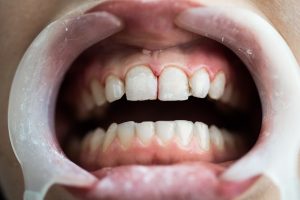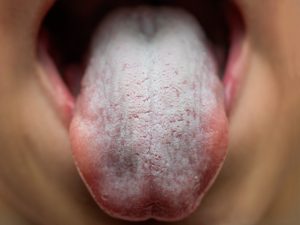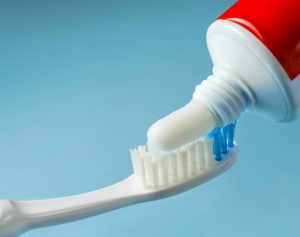In this blog, we’ll explore how diabetes affects oral health and share tips for maintaining good oral hygiene despite this chronic condition. Diabetes’s impact on blood sugar levels and overall health is well-known, but its influence on oral health is often overlooked. Let’s delve into this crucial connection.
Increased Risk of Gum Disease

One of the most prominent effects of diabetes on oral health is its contribution to an increased risk of gum disease, also known as periodontal disease.
Elevated blood sugar levels can impair the body’s ability to fight bacteria, making the gums more susceptible to infections.
As a result, individuals with diabetes are at a higher risk of developing gingivitis and, if left untreated, more severe forms of gum disease that can lead to tooth loss.
Dry Mouth

Another oral health concern associated with diabetes is dry mouth, medically known as xerostomia.
High blood sugar levels can lead to a decrease in saliva production, which is essential for rinsing away food particles and neutralizing acids in the mouth.
Dry mouth can increase the risk of cavities, bad breath, and other oral health problems.
Thrush and Other Fungal Infections

Individuals with diabetes are more susceptible to fungal infections, such as oral thrush (candidiasis).
The excess sugar in the saliva provides an ideal environment for fungi to thrive, leading to white patches on the tongue, inner cheeks, and roof of the mouth.
Managing blood sugar levels and practicing good oral hygiene can help prevent these infections.
Impaired Taste and Smell
 Diabetes has the potential to alter the nerves responsible for taste and smell, resulting in changes in how these senses are perceived.
Diabetes has the potential to alter the nerves responsible for taste and smell, resulting in changes in how these senses are perceived.
Such alterations in taste can impact dietary choices, while a reduced ability to detect odors may hinder one’s ability to recognize harmful smells, including those from spoiled food or other potential hazards.
Maintaining Oral Health with Diabetes
 While diabetes can have adverse effects on oral health, it’s crucial to remember that many of these issues can be managed effectively with proper care and regular dental visits. Here are some essential tips for maintaining oral health with diabetes:
While diabetes can have adverse effects on oral health, it’s crucial to remember that many of these issues can be managed effectively with proper care and regular dental visits. Here are some essential tips for maintaining oral health with diabetes:
-Control Blood Sugar Levels: Monitoring and managing blood sugar levels is key to reducing the risk of oral health complications. Work closely with healthcare professionals to keep blood sugar within the target range.
-Practice Good Oral Hygiene: Regularly brush and floss teeth to remove plaque and bacteria, reducing the risk of gum disease and cavities. Use a soft-bristled toothbrush and fluoride toothpaste for maximum effectiveness.
-Visit the Dentist Regularly: Regular dental check-ups are essential for individuals with diabetes. Dental professionals can identify early signs of oral health issues and provide necessary treatments.
-Keep Hydrated: Drink plenty of water to combat dry mouth and promote saliva production.
-Avoid Smoking and Alcohol: Both smoking and excessive alcohol consumption can worsen oral health problems. Quit smoking and limit alcohol intake to maintain better oral hygiene.
Diabetes profoundly affects oral health. To maintain a healthier smile, manage blood sugar levels, practice good oral hygiene, and have regular dental check-ups. Understand the link between diabetes and oral health for lasting benefits.
Regular oral health screenings are essential in preventing potential issues and ensuring your overall well-being. Our expertise and caring approach make every visit a comfortable and informative experience. Don’t delay; schedule your appointment now and invest in a healthier future for your teeth and gums. Your smile will thank you!



You must be logged in to post a comment.